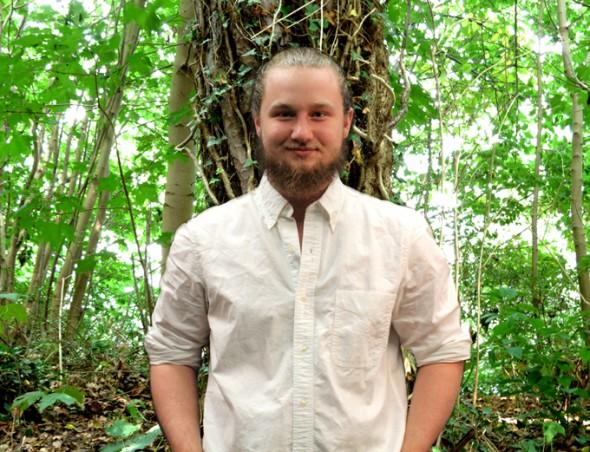By Igor Magun
Your produce might be growing on the top of a skyscraper from now on.
Ryerson student Ben Canning wants to turn Toronto’s rooftops green with a new startup called Farmium.
Farmium helps building owners turn their roof space into a green roof where food can be grown.
For his work on Farmium, Canning was named Enactus Canada’s 2016 Student Entrepreneur Provincial Champion for Ontario.
“That was great validation for Farmium, for the idea, for the team,” he said. “And now people are starting to understand this topic of food insecurity and globalization as it pertains to Toronto.”
Canning co-owns the company with Daniel Tabak, as well as Ryerson students Alif Ruhul and Lediona Canellari.
“Five years from now, we’ll be on every second building you see in the Toronto skyline, with any luck,” said Canning, a third-year business management student.
Nicole Almond, president of Enactus Canada, said student entrepreneur champions are chosen by an external panel of judges based on four main areas — business fundamentals, lessons learned, growth and future plans, and their entrepreneurial story.
“[Canning’s] model wasn’t just making money, it was doing something that makes the world a bit better,” Almond said.
Farmium’s goal is to provide locally-grown and readily available fresh produce, said Canellari, who is responsible for accounting and finance at the company. “We see that there are a lot of food miles associated with the produce that we get in our grocery stores.”
According to Canning, 80 per cent of fresh produce travels an average of 4,000 k.m. to get to Ontario, losing 40 per cent of its nutritional value along the way.
“Understanding all these things, and realizing that we’re paying other people for things we can grow here, I realized we’re outsourcing an economic opportunity,” Canning said.
Farmium aims to require no human interaction after the seeds are planted. Sensors will detect when crops are ready for harvest and send an alert to a smartphone. To conserve space, the company also uses vertical hydroponics, a system that allows crops to be planted in a tower-like structure.
“Instead of growing five plants in five square feet, we can grow five plants in one square foot by growing vertically,” Canning said.
Before starting Farmium, Canning was involved with Project Growing North, a greenhouse in Nunavut where fresh produce is grown. Using some of the technology that carried over to Farmium, its goal was to offset high food prices and shortages in the remote community of Repulse Bay.
“Even when our family was going through economic troubles, we still had food because we could grow it on our land [in rural Ontario],” Canning said. “When I came to Toronto, when I started learning about other parts of Canada, I realized that’s not everyone’s reality.
“To be able to give people whole, hearty food, to be able to start generating … money from this, to be able to positively benefit society,” Canning said. “That for me is a win-win.”
Canning will go on to the Enactus Canada Regional Exposition on March 11 to compete for the title of Student Entrepreneur Regional Champion.










Leave a Reply